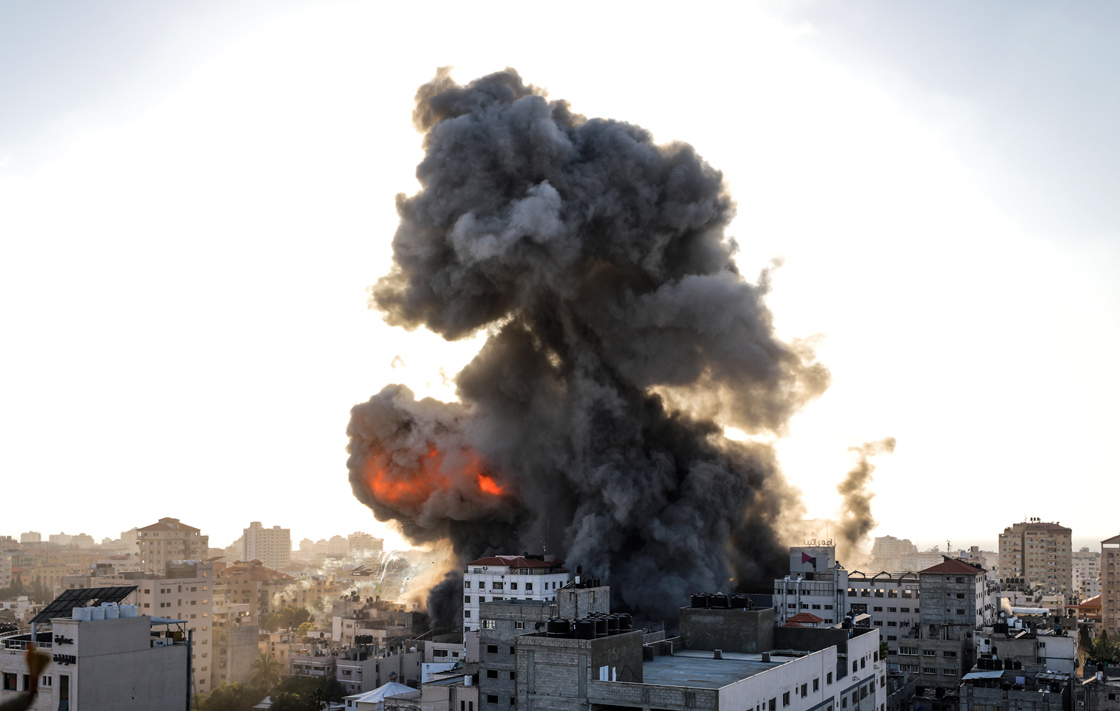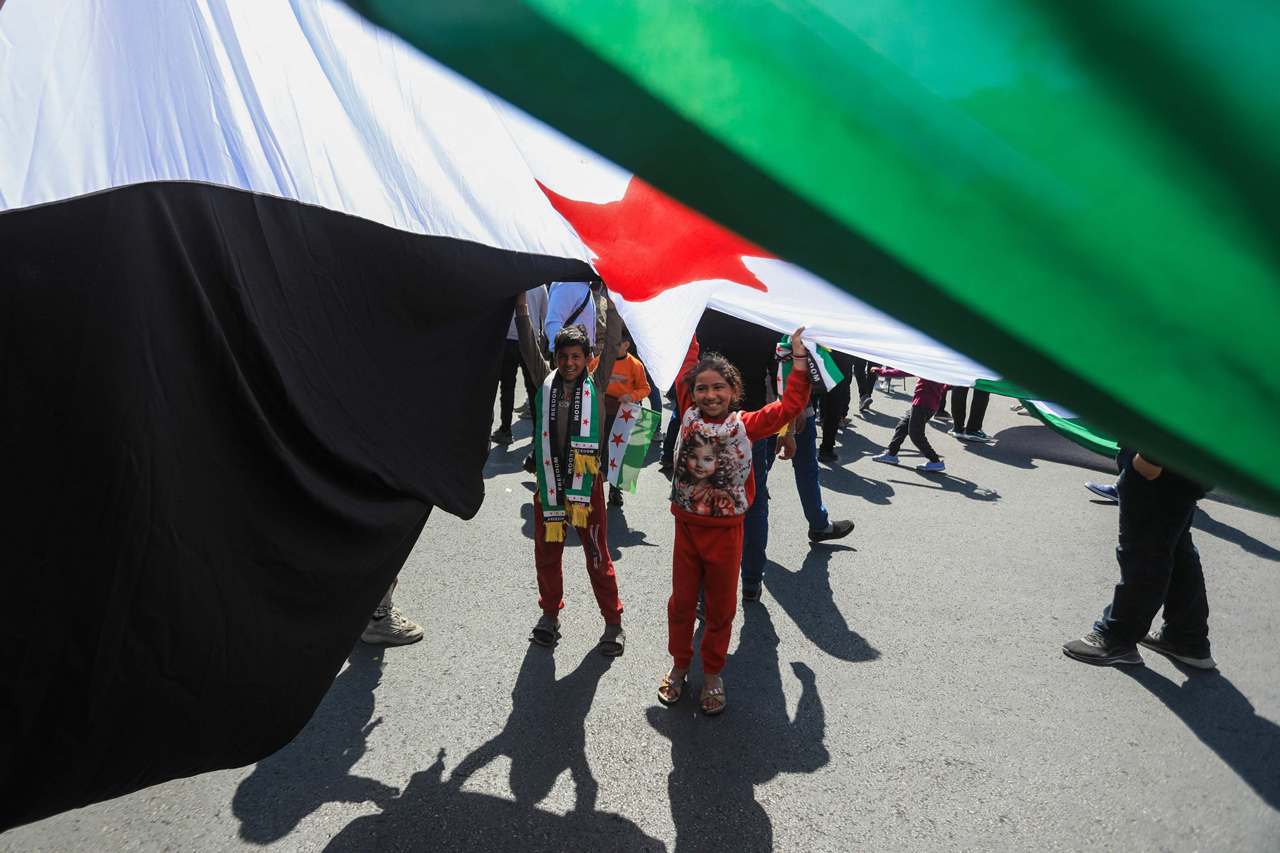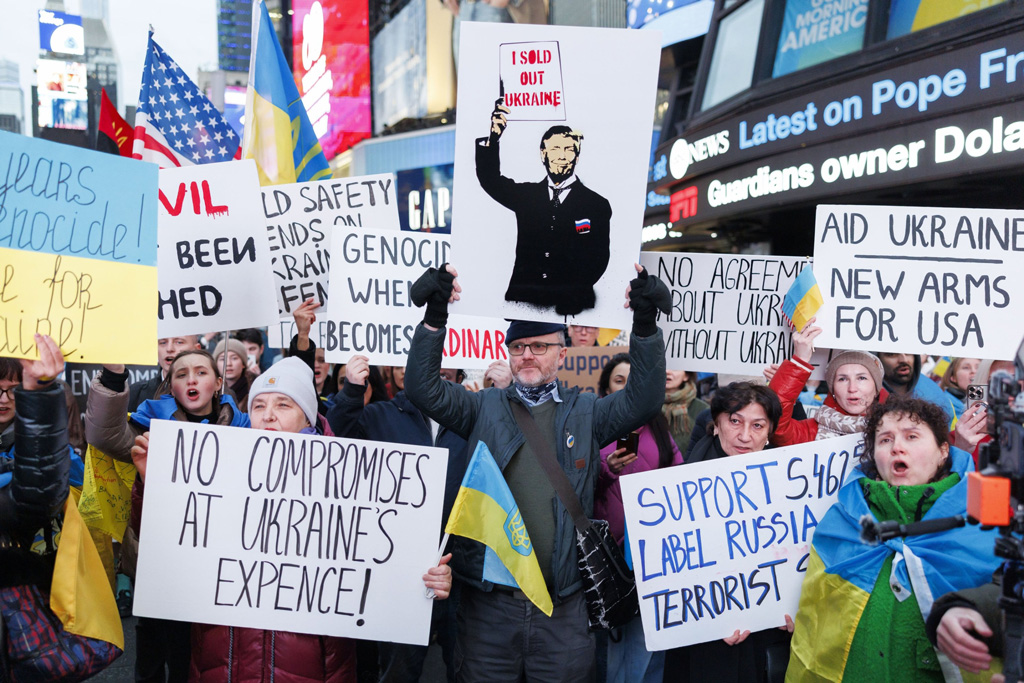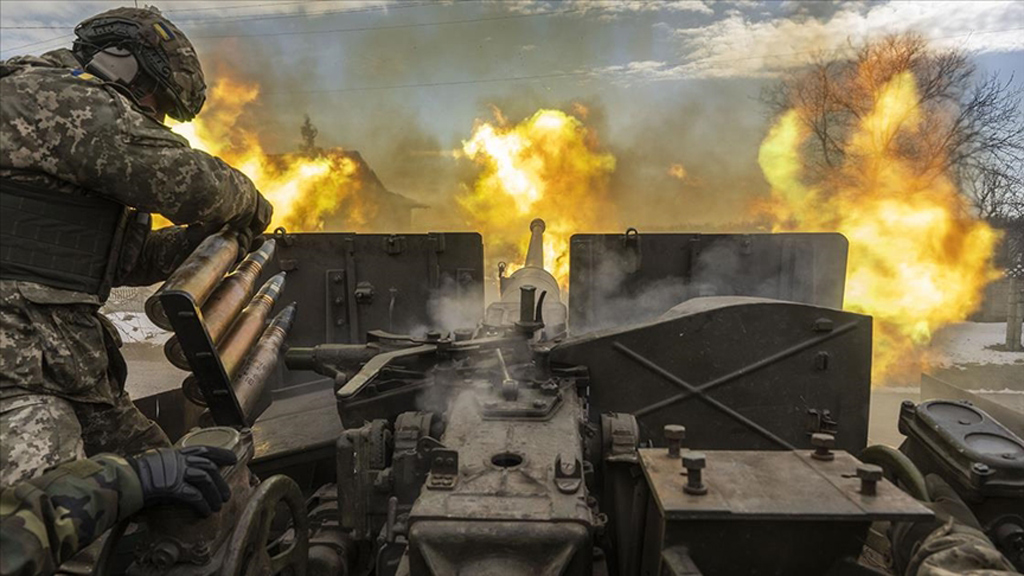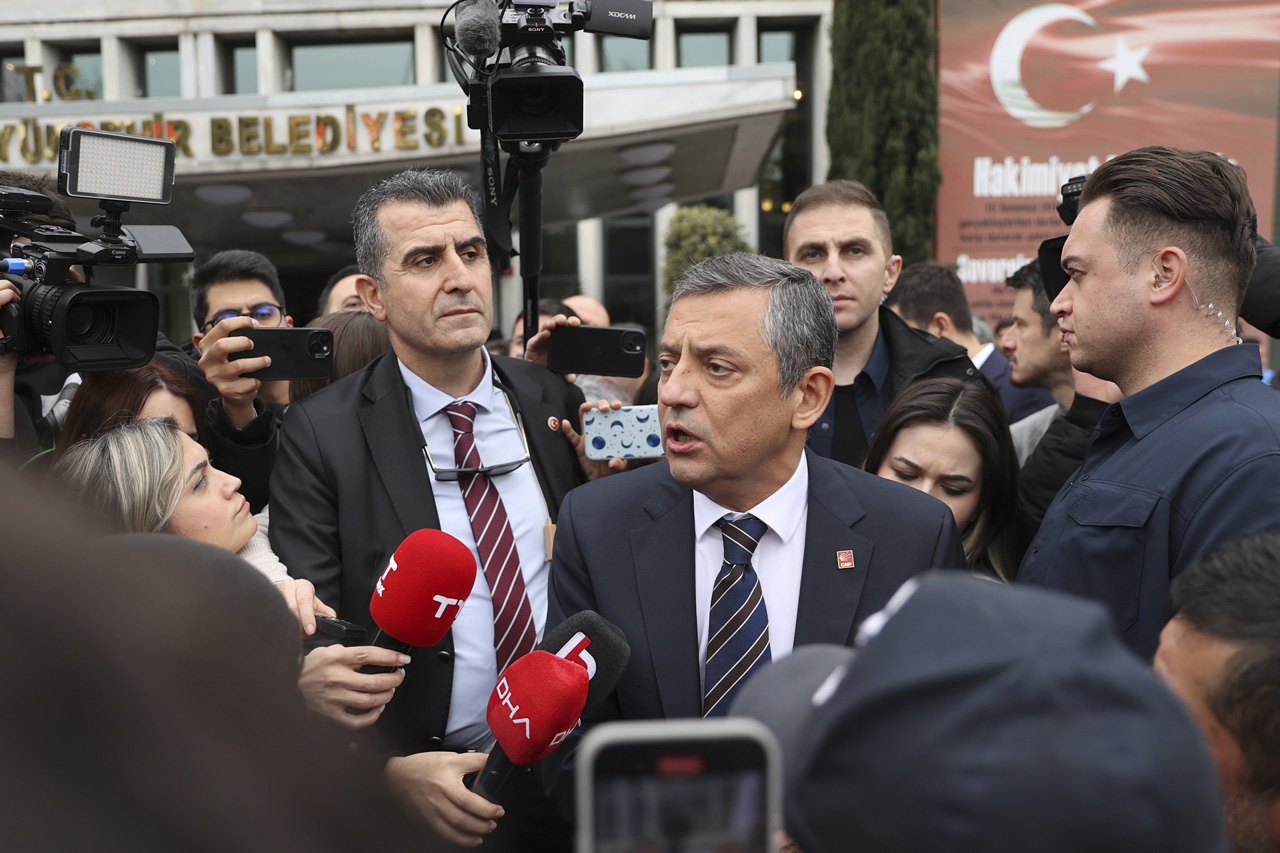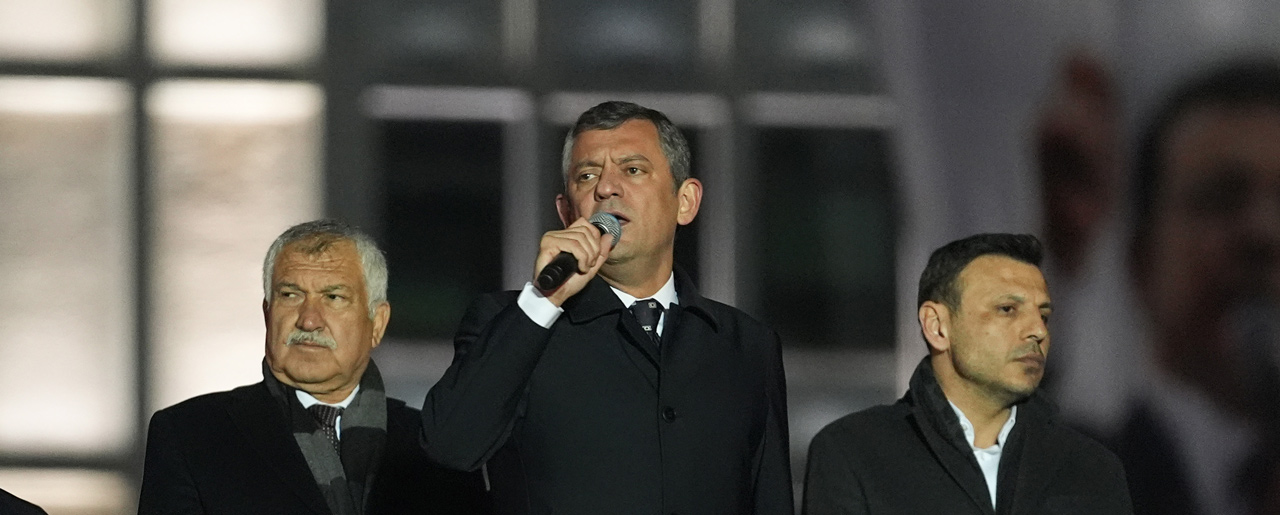The Middle East is on fire and neither regional nor global actors do much to prevent further bloodshed in the region. Israel’s expansionist and supremacist policies in Palestine and in its periphery force all relevant actors into a regional war. The Israeli leadership knows well that none of the Western global actors dare to follow a deterrent policy against Israel. In addition, considering the deadly silence of the Arab world, there is no strong enough power that can prevent Israel from its genocidal military operations in the Gaza Strip and its brutal policies in the West Bank.
The United States only pays lip service regarding the conflict, while it has been providing unconditional support to Israel. Although the U.S. officials claim that they do not back some of the racist remarks of Israeli officials, their targeting of defenseless children and women and the senseless mass killings, support all Israeli policies. It has sent high-tech weapons and military equipment worth billions of dollars. It has also sent some of the largest aircraft carriers to the region in defense of Israel. It has warned every regional state that if any of them attacks Israel, the U.S. would defend its ally and enter into the war without hesitation. That means that the U.S. government continues to give an open check to Israel and support its genocidal operations.
Considering the American election process, no presidential candidate will oppose the violent policies of the Israeli government against the Palestinians. The two candidates compete in the service of Zionism. On the one hand, even though a large part of the Democrat Party’s constituents is against the Israeli policies, Kamala Harris continues to make pro-Israeli statements. On the other hand, Donald Trump insists that he supported Israel the most during his first tenure and he will continue to do so in his next period. Both candidates believe that they need the support of the pro-Israeli lobby to get elected. That is, it seems that the U.S. policy toward the conflict will not change.
As for the European Union, they maintain their support of Israel’s genocidal policies. The EU has frozen its democracy project, human rights discourse and its focus on universal values. The EU officials continue to wholeheartedly side with the Israeli atrocities against innocent Palestinians both in Gaza and the West Bank. Similar to the U.S., they also pay lip service. The current EU position regarding Palestine has a paradoxical influence on the continent. While many democratic Europeans have begun to question the spirit of the EU and lose their trust in multiculturalism, the staunch pro-Israeli policies have contributed to the rise of ultranationalism, racism, xenophobia and anti-Islamism in Europe. This paradoxical influence has further radicalized European politics and weakened its position in the Ukrainian-Russian war. The European political actors, including the EU institutions and large European countries such as Germany and France, continue to follow in the footsteps of the U.S. in both conflicts.
Non-Western global powers are unable to follow effective policies in the Israeli-Palestinian conflict and remain low-profile. Russia, for one, is heavily busy with its war against Ukraine. On the other side, China continues to implement indirect measures toward the West.
The Arab world keeps its silence against Israeli atrocities. For different reasons, almost all Arab governments and peoples remain indifferent to the Israeli genocide against Palestinians. They patiently wait for the whole extermination of the Palestinian people and thus to get rid of the Palestinian burden. Countries like Qatar and Algeria are making efforts to address the situation, but their influence is limited, preventing them from implementing more impactful policies. Likewise, other regional powers, such as Türkiye, struggle for a meaningful change. However, the support of the Arab world is a vital precondition for an impactful cease-fire. Their silence emboldens Israel.
The only force that can prevent this genocide and a large-scale regional war is the universal human conscience. Not only Israel but also its accomplices have largely lost their legitimacy. The global intifada will continue to resist the inhuman policies of their respective governments and defend human dignity against rogue states and thug politicians. Otherwise, a great war awaits humanity and this war may bring about the end of the world.

